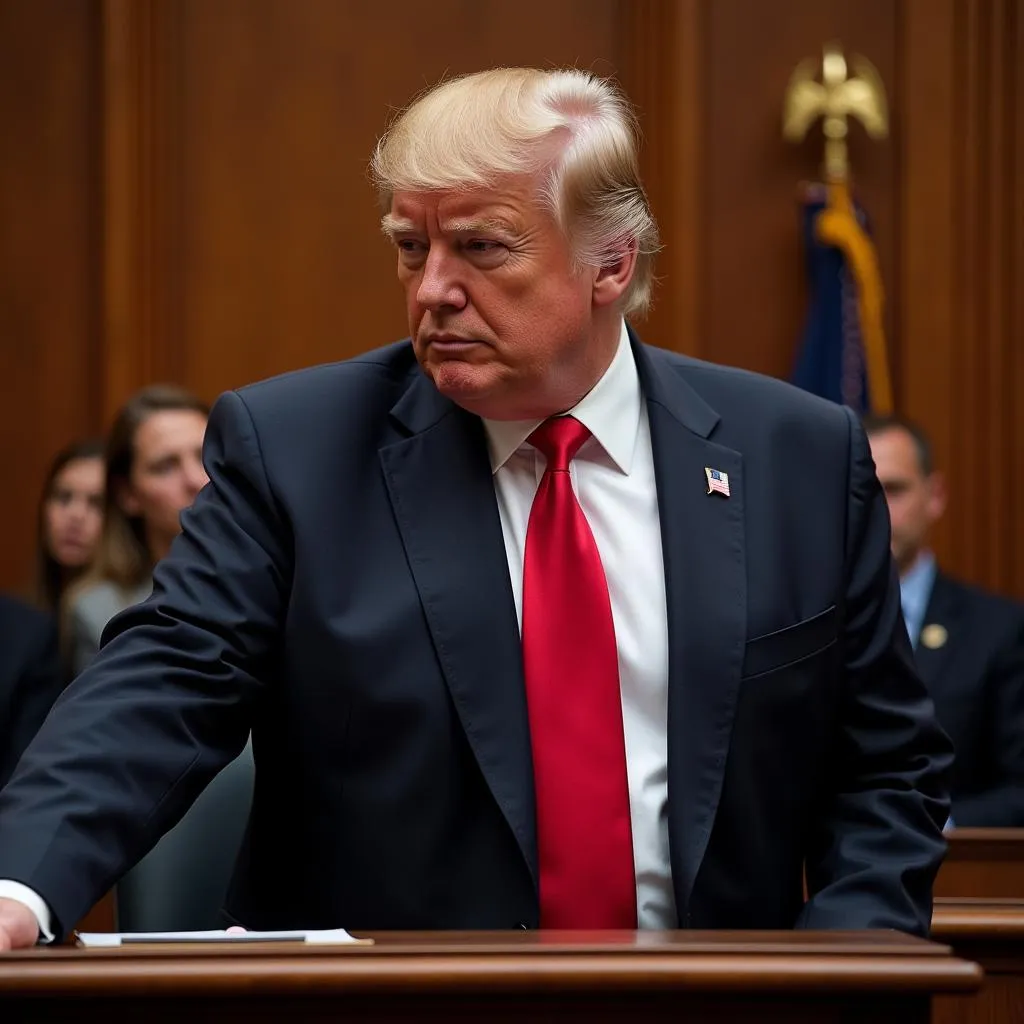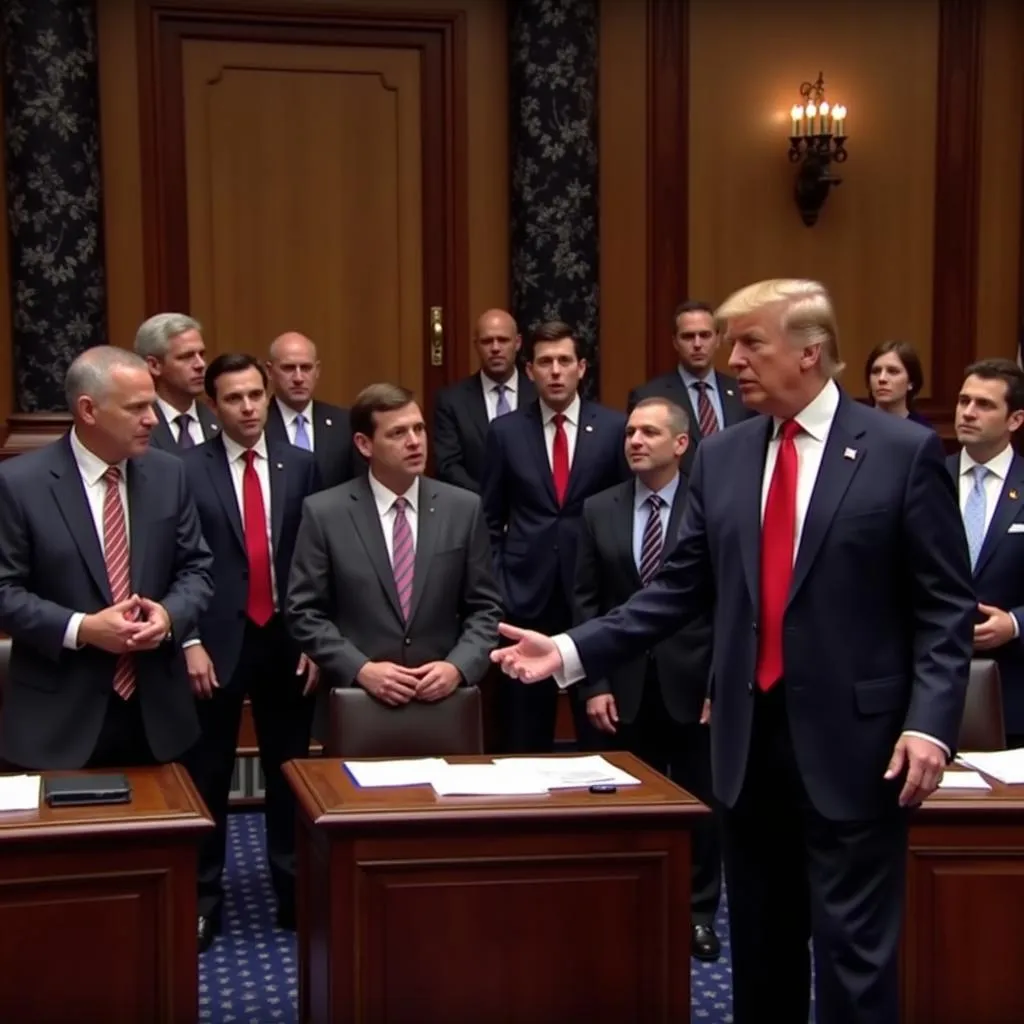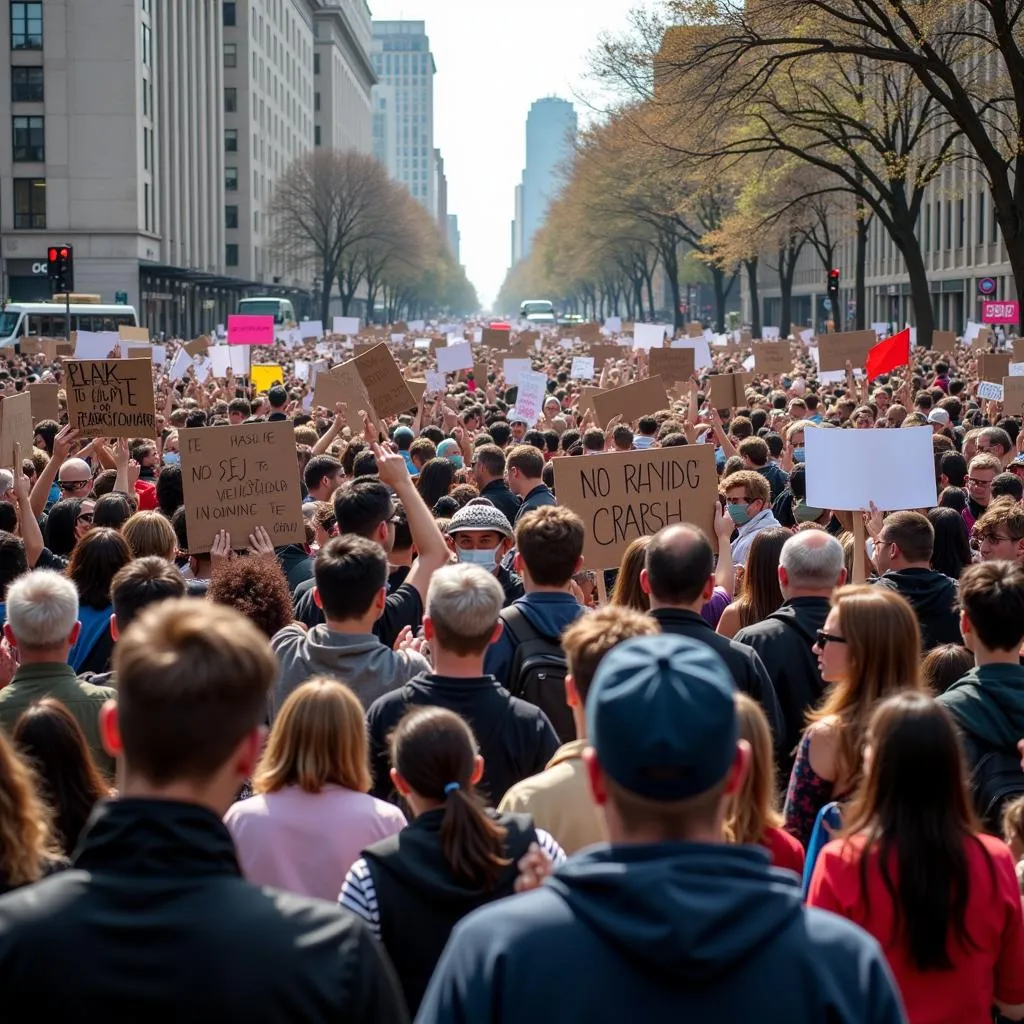The provided keyword string “Http News.zing.vn Donald-trump-co-the-mat-chuc-tong-thong-post697252.html” appears to be a URL slug from the Zing News website, indicating an article about the possibility of Donald Trump losing the presidency. While I cannot access external websites or specific content like the article linked in the keyword, I can utilize my knowledge to create a hypothetical article exploring the potential scenarios and factors that could lead to a president losing their position.
 Donald Trump standing trial in court
Donald Trump standing trial in court
The Precarious Position of Power: How a President Can Lose Their Seat
The presidency is often viewed as a pinnacle of power, yet it is not impervious to challenge or even removal. Throughout history, numerous leaders have faced situations that threatened their hold on authority, and the reasons for this can be diverse and complex. From legal battles to political maneuvering, the path to losing the presidency is fraught with uncertainty.
Legal Troubles and Impeachment Proceedings
One of the most direct ways a president can be removed from office is through impeachment proceedings. This legal process involves allegations of serious wrongdoing, such as treason, bribery, or other high crimes and misdemeanors.
 Debate happening in the US Congress
Debate happening in the US Congress
The process typically begins in the legislative branch, where formal charges are brought against the president. If successful, the case moves to a trial conducted by a legislative body, often the upper house of government. A conviction in the trial, usually requiring a supermajority vote, results in the president’s removal from office.
Loss of Public Support and Political Pressure
Beyond legal avenues, a president’s grip on power can be significantly weakened by a loss of public support. Low approval ratings, widespread dissatisfaction with their policies, or a major scandal can erode the public’s trust and confidence in their leadership. This loss of support can have a ripple effect, leading to:
- Diminished Political Capital: A president with low approval ratings may struggle to advance their legislative agenda as members of their own party become hesitant to support them.
- Increased Vulnerability to Challenges: Political opponents may be emboldened to challenge a weakened president, potentially leading to primary challenges or increased scrutiny of their actions.
 Protests against government policies
Protests against government policies
Resignation: A Choice Faced with Mounting Pressure
In certain cases, the pressure stemming from legal troubles, political opposition, or public outcry can become so overwhelming that a president may choose to resign from office rather than face continued scrutiny or potential removal. This decision, while difficult, can provide a way to avoid further damage to their legacy or the country’s stability.
The Complex Path to Presidential Removal
The removal of a president from office is a significant event with far-reaching consequences. It is a testament to the checks and balances inherent in democratic systems, where even the highest office is not above the law or the will of the people. The factors that can lead to such an outcome are multifaceted, often involving a complex interplay of legal, political, and social forces.